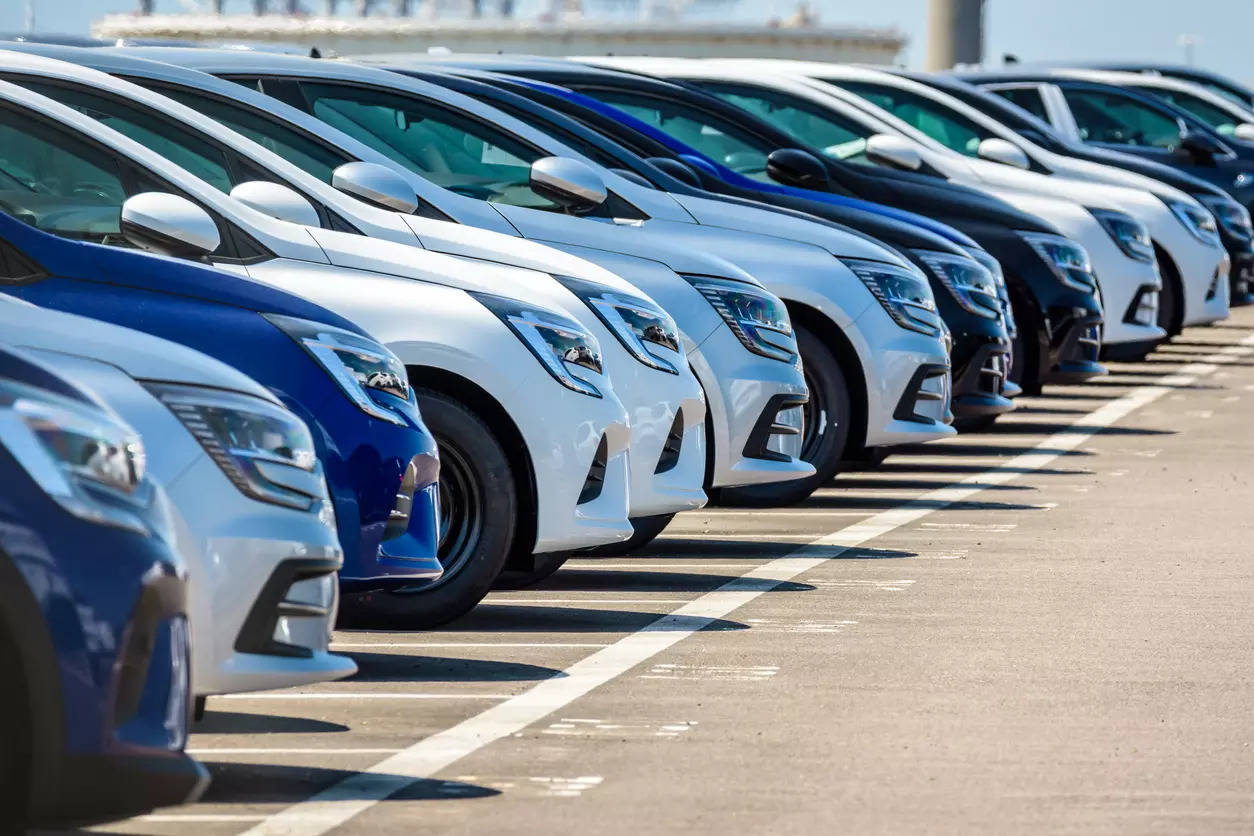
Overall auto retail market expanded 15 % in January on an annual basis, FADA data showed on Tuesday. While all segments posted a double-digit growth, commercial vehicles saw a 0.1 % growth and the auto body has warned of a demand taper in the final quarter of this financial year.
Data from the Federation of Automobile Dealers Associations (FADA) showed that two-wheelers, three-wheelers, passenger vehicles and tractors grew 15 %, 37 %, 13 % and 21 % year-on-year, respectively, in January.
CVs’ growth of 0.1 % in January was due to a ‘complex scenario’, FADA said. “On one hand, increased infrastructure development, port activity and positive crop yields fuelled certain market segments. However, this momentum was hindered by extreme weather, tightened liquidity, high vehicle costs and more restricted financing,” FADA President Manish Raj Singhania said in a statement.
India’s battered 2W segment saw a robust start to the year owing to improved vehicle availability, introduction of new models and a shift towards premium options.
“This, combined with a good harvest, a positive marriage season and effective follow-ups and offers, indicate a favourable trajectory for the 2W sector. Furthermore, despite supply shortages, increased interest in electric vehicles highlights evolving consumer preferences within this segment,” Singhania said.
The 3W market is now seeing a higher demand for electric vehicles, with 55 % of the models being sold now being electric in nature.
PVs, registering a 13 % YoY growth, saw all-time high retail sales of 3.93 lakh units in January. This surge in demand was owing to higher preference for SUVs, newer models, greater availability, effective marketing, consumer schemes and wedding season.
Yet, FADA has warned of serious concerns owing to a rise in PV inventory levels, which are now in the 50-55 day range.
“This calls for an immediate recalibration of production from OEMs to better align with actual market demand and avoid future oversupply issues. As adaptability is crucial in this dynamic industry, OEMs must balance innovation with strategic production planning to ensure sustained success and overall market stability,” Singhania said.
FADA fears that the upcoming Lok Sabha elections due to take place in the summer, may introduce caution among consumers. Further, specific high-demand models are seeing ‘persistent supply bottlenecks’ which pose a risk for consistent growth across 2Ws, CVs and PVs.

